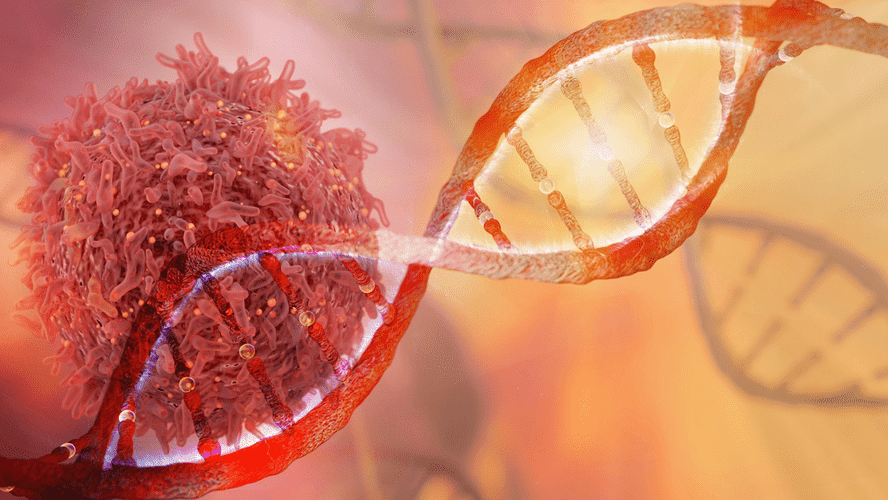Sober living homes provide a safe, supportive place to live while you’re recovering from drug addiction. They are a good option if you don’t have a stable home or a drug-free living environment. Overcoming addiction is a challenging journey, especially when several barriers hinder individuals from seeking necessary support. Denial and stigma remain prevalent, with many individuals not recognizing the severity of their addiction. This denial keeps them trapped in their habits, unaware of the damage they’re causing to themselves and others.
Why Do Some People Struggle With Alcohol Addiction and Others Don’t?
The presence of alcohol and societal norms can pressure individuals to drink. Recognizing this, it’s essential to plan ahead, seek help, and develop coping strategies without compromising one’s commitment to recovery. By setting clear targets, individuals can track progress, stay motivated, and gradually work towards long-term recovery and improved well-being. For people with addictions to drugs like stimulants or cannabis, no medications are currently available to assist in treatment, so treatment consists of behavioral therapies.
Peer Support Groups
This key part of our healing process shows how fast admitting fault is to progress towards personal recovery. Alcohol detox programs also act as a link to long-term recovery services like patient education, follow-up, and aftercare. These principles serve as core values to guide individuals in the 12-Step Program, encouraging positive change, connection, and sustained recovery. Inpatient services are carried out within a medical facility where the patient is monitored continuously and offered 24-hour care. The first step, recognizing there is a problem, often takes courage and self-awareness.
The long-term effects of alcoholism can be particularly severe, causing permanent organ damage, cognitive impairment, and even premature death. Overcoming an addiction to alcohol isn’t easy, but you don’t have to do it alone. The Recovery Village’s addiction specialists develop personalized treatment and therapy to meet our clients’ unique needs.Call us todayto discuss your situation and how we can help. The severity of your addiction should guide your treatment search.Alcohol overcoming alcoholism detox, a partial hospitalization program or inpatient or outpatient treatment may be effective options. Incorporating holistic healing into your treatment through art therapy, recreational therapy, or even yoga may further help you overcome addiction. Perhaps you’re realizing for the first time that you might struggle with alcohol and have no idea how to overcome it.
- This can help create a sense of awareness in the person to seek help.
- It’s important for individuals to seek help from professionals who can provide appropriate assessments and treatments.
Preparing for change: 5 keys to addiction recovery
After researching treatment options help them make the best decision for their recovery. By getting professional help you can support the person you care for to take the first steps to recovery. Finding joy and purpose in life can provide a meaningful focus outside of addiction. It helps individuals rediscover their passions, build self-esteem, and develop a sense of accomplishment.
- Once the initial detoxification phase is successfully navigated, the next step is to develop a personalized recovery plan that addresses the unique needs and circumstances of your alcoholism.
- Getting a sponsor is a key part of the recovery process as they guide us through each step and offer crucial support.
- Remember, you’re not alone in this process, and many different types of help are available.
- With substance addictions, the physiological aspects of withdrawal can be extremely uncomfortable like a bad flu, or can even be life-threatening.
- Discover how increasing alcohol prices decreases alcohol-related deaths and supports healthier choices.

By acknowledging that a change is needed, it means that you recognize that there is a problem and have a desire to address it. During these early stages of the process, you might be in denial about the effects of your addiction. As you become more aware of the problems you are facing, you might then struggle with feelings of ambivalence even as you become more aware of your need to overcome your addiction. Recovery from AUD is marked by stages of abstinence, withdrawal, repair, and growth. While the process may take several years, the outcome is a happier, healthier life where you have the freedom to fulfill your full potential.

By reflecting on ourselves and doing spiritual practices we can keep up with our spiritual progress and correct any short comings we find. Having a strong spiritual foundation is important for us as we work through our recovery challenges, to get ongoing personal growth with our spiritual growth. This step continues the spiritual growth we’ve developed in the previous steps.

Tips for Overcoming an Addiction
Contemplators typically benefit from non-judgmental information-giving and motivational approaches to encouraging change (rather than confrontational methods). These stages can be represented as a cycle, and in theory, people should go through these stages in sequence. In reality, people can jump about between stages, go backward and forward, and even be in more than one stage at a time. Consider what might have contributed to relapse and make changes accordingly. Research has found that of the 20.3 million adults in the U.S. https://inrl.in/symptoms-of-alcohol-use-disorder-aud/ who have a substance use disorder, 37.9% also have another type of mental illness.
Millions of people do, whether they were once compulsive users of opiates, alcohol, or gambling. Alcoholism isn’t a matter of willpower, it affects how the brain works. It changes the way a person experiences things like stress, pleasure, and coping. If left untreated, alcohol addiction can cause serious health problems, including liver disease, heart issues, and mental health struggles. It can also negatively affect relationships and quality of life too.
- This can include regular exercise, maintaining a nutritious diet, getting enough sleep, engaging in hobbies, and practicing relaxation techniques.
- Support is essential in overcoming alcoholism as it provides encouragement, understanding, and accountability.
- Denial and stigma remain prevalent, with many individuals not recognizing the severity of their addiction.
- Between 60% and 90% of individuals who consume over 60 grams (2.11 ounces) of alcohol daily derive hepatic steatosis.
- They can help assess the individual’s needs and recommend a treatment programme that is tailored to their specific situation.
Therapists understand the complexities of alcohol-related challenges and provide a safe environment for exploration and healing. Psychological Effects – Even though people usually consume alcohol to avoid feeling bad, it is ultimately a depressant. In the short and long term, alcohol abuse can worsen mental and psychological health conditions and trigger new ones. In severe cases, substance-induced psychosis can develop, causing an individual to experience hallucinations and delusions, which are physically dangerous.
Motivational enhancement is conducted over a short period of time to build and strengthen motivation to change drinking behavior. The therapy focuses on identifying the pros and cons of seeking treatment, forming a plan for making changes in one’s drinking, building confidence, and developing the skills needed to stick to the plan. If you have any of these symptoms, alcohol may already be a cause for concern. A health care provider can look at the number, pattern, and severity of symptoms to see whether AUD is present marijuana addiction and help you decide the best course of action.